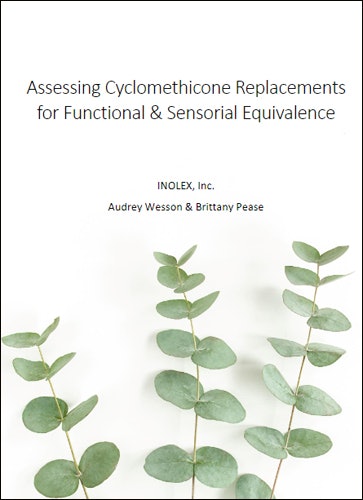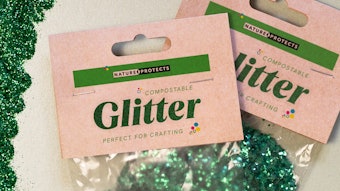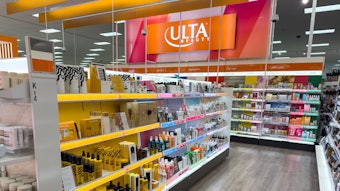
Gen Z consumers are changing the landscape of CPG marketing. This rising consumer group (ages 9-25 today) expect companies to have a strong social and environmental impact. They expect the utmost of transparency, honesty and evidence-based claims. They are skeptical of marketing tactics and are weary of being manipulated by exaggerated claims. Gen Z-ers respond strongly to source-based education and relevant, verified claims. [1]
It’s no secret that free-from claims are quite controversial, especially with Gen Z. Abuse of these claims—claiming free-from an irrelevant ingredient or misleading consumers—incites unnecessary fear. For example, making a sulfate-free claim on a lip balm that would never normally contain sulfates is misleading and irrelevant and damages consumer trust. On the other hand, when used appropriately, a free-from claim signals to a consumer that the product matches their lifestyle, preferences or values. ,For example, some consumers experience irritation with sodium bicarbonate in natural deodorants and a baking soda-free claim can ensure a positive experience with the product, without insinuating that baking soda is dangerous. Responsible free-from claims and positive impact claims both have a place in the future of CPG marketing. When it comes to formulating without certain ingredients, consider the inherent impact of the formulation without the specific ingredients and only make a free-from claim when it is supported by an underlying principle or value of your product or brand, e.g. an environmental reason. Alternatively, a positive claim that tells the value of your product or formulation and promotes your brand values will go far with attracting Gen Z consumers. [2]

An alternative to silicones, an alternative to the silicone-free claim
Silicones have been a free-from topic for almost a decade. As an example, consider cyclomethicones. Cyclomethicones have a poor environmental profile: the chemistries are energy-intensive to manufacture, are made from non-renewable resources and are very persistent and very bioaccumulative (vPvB) in the environment. For this reason, formulating without cyclomethicones is an important sustainability consideration, even outside the EU where cyclomethicone bans are in effect.
If you choose to formulate without cyclomethicones, it’s beneficial to communicate to consumers that the product is formulated without these chemistries for environmental reasons. If your formulation uses natural, sustainable replacements the positive benefits of these ingredients are also important to communicate to consumers.
Natural cyclomethicone replacements, such as the LexFeel WOW series from INOLEX, have improved environmental profiles. LexFeel WOW series products are made from 100% plant-based sources: coconut oil, castor oil and Bonsucro certified sugarcane. These products are less energy-intensive to manufacture than cyclomethicones and are biodegradable, having a non-harmful impact on the environment at end of life.

To attract environmentally conscious Gen Z consumers, a simple silicone-free claim might not be the complete answer. Instead, pair a silicone-free claim with education on the environmental benefits of formulating without silicones. Alternatively, try a positive claim to signal that the product does not use silicones. Here are some examples
- “Formulated with plant-based emollients”
- “Formulated with 100% plant-based silicone alternatives”
- “Free-from vPvBs cyclomethicones” and include education on what a very persistent very bioaccumulative material is
- “X% USDA certified biobased” if the product has undergone testing and certification with the USDA BioPreferred Program
Chemists and formulators: for more information on replacing cyclomethicones with LexFeel WOW series products, submit the form to download a free whitepaper.

Sources:
[2] https://www.ctpa.org.uk/news/cosmetic-claims-focus-on-free-from-claims-4115
Disclaimer:
The above paid-for content was produced by and posted on behalf of the Sponsor. Content provided is generated solely by the Sponsor or its affiliates, and it is the Sponsor’s responsibility for the accuracy, completeness and validity of all information included. Global Cosmetic Industry takes steps to ensure that you will not confuse sponsored content with content produced by Global Cosmetic Industry and governed by its editorial policy.










